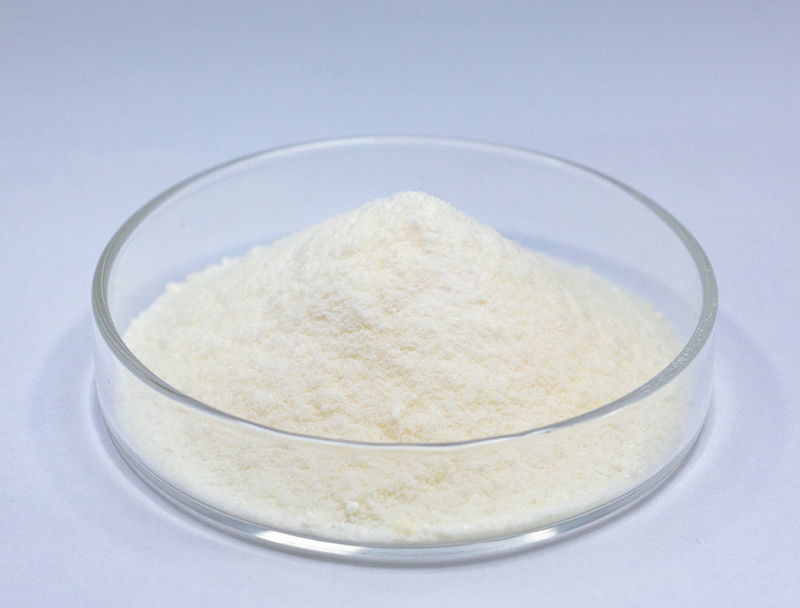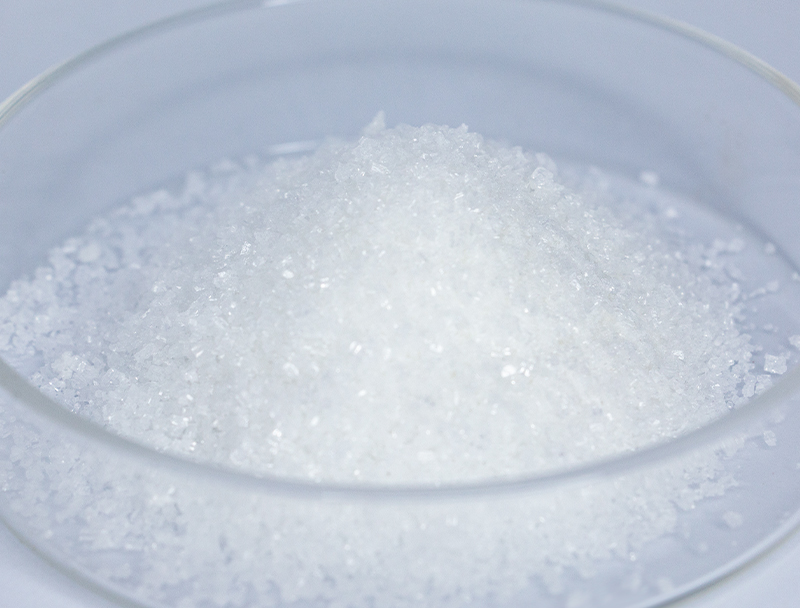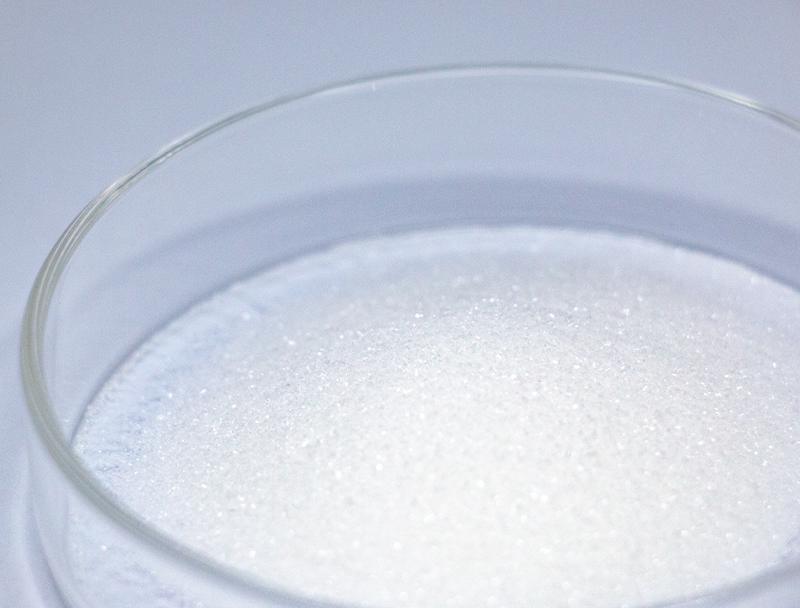
Advanced biosystems are built around a vast array of starting materials to manufacture advanced biological products.
Safeguarding continuous ethical sourcing of resources is paramount for the long-term viability and ethical growth of the industry.
diverse obstacles inherent in legacy sourcing approaches for instance pollution and systematic depletion of reserves. Hence, industry players ought to pursue innovative supply solutions to lower carbon burdens.
- Situations demonstrating ethical sourcing encompass:
- Utilizing renewable feedstocks derived from agricultural byproducts
- Installing reclamation workflows to diminish waste and heighten recovery
- Collaborating with regional vendors focused on fair procurement
Such a move to ethical procurement delivers ecological gains and commercial returns over time.
Enhancing Biomass Composition for Superior Biofuel Results
Optimizing biofuel yields depends strongly on feedstock quality and makeup. Research teams persist in studying techniques to boost feedstock performance, facilitating elevated yields and a renewable energy transition. Approaches include genomic enhancements to boost biomass growth and processing methods to convert complex lignocellulose into fermentable sugars.
- Concurrently, efforts examine seaweed, industrial byproducts, and crop residues to increase the variety of renewable feedstock alternatives for fuel production.
- Through these continuous efforts, the field of biofuel production is poised to make significant progress in the coming years, paving the way for a more renewable energy landscape.

Advances in Biopharmaceutical Manufacturing: Focus on Upstream Operations
includes primary operations from inoculation through cell collection Current advancements have streamlined operations and improved bioproduct yields.
Salient improvements involve specialized expression hosts, fine-tuned media strategies, and next-gen bioreactor concepts. These refinements escalate production and lower expenses and environmental strain.
- Likewise, the move to continuous systems facilitates better adaptability and streamlined upstream production.
- Embracing sophisticated manufacturing strategies is poised to change industry norms and shorten development cycles.

Precision Genomic Tools Enhancing Biopharmaceutical Yields
innovations in genome-editing toolsets have enhanced biopharmaceutical manufacturing. Via deliberate gene edits, teams amplify protein expression for higher yields. The approach may facilitate scalable, low-cost therapeutic production for numerous diseases.
Harnessing Microbial Biotechnology for Sustainable Bioremediation
forward-looking microbial interventions for environmentally friendly decontamination. Microorganisms possess the remarkable ability to degrade and transform harmful pollutants into less toxic substances.. Applying microbial remediation systems creates low-impact cleanup options that address contamination efficiently.. Scientists evaluate varied microbes for potential to remediate metal contaminants, pesticide compounds, and oil-derived pollutants.. Organisms may be utilized in controlled reactors or in place to accelerate contaminant decomposition through biodegradation..
Biotechnology-driven remediation delivers notable upsides compared to conventional cleanup tactics. It is a cost-effective and environmentally friendly approach that minimizes the generation of harmful byproducts. Likewise, microbial systems can selectively degrade contaminants while sparing the wider environment. The field is rapidly refining methods to make microbial remediation more efficient and broadly effective.
Bioinformatics Tools Transforming Drug R&D
Bioinformatic tools play an increasingly crucial role in the modern landscape of drug discovery and development. By analyzing biological data to select and improve leads, computational methods support efficient drug development.
- By interrogating large-scale omics and clinical information, scientists find new targets and predict candidate efficacy.
- Also, in silico modeling of molecular interactions accelerates optimization toward more selective therapeutics.
- Finally, bioinformatics is revolutionizing the drug discovery and development process, accelerating the time to bring safe and effective treatments to patients in need.
Metabolic Design Approaches to Boost Bioproduct Yields
applies assorted techniques to boost microbial synthesis of valuable compounds. Programs use genetic redesign of metabolic networks, dynamic regulation of expression, and addition of heterologous genes to unlock new capabilities. Via targeted metabolic optimization researchers can meaningfully escalate production of desired biochemicals.
This broad strategy is positioned to innovate sectors including pharmaceuticals, crop science, and bioenergy.

Industrializing Biopharmaceuticals: Risks and Rewards
Expanding production volumes poses difficult barriers yet offers substantial opportunities. Preserving batch-to-batch quality when scaling up is a key challenge. Resolving it depends on rigorous control strategies, precise instrumentation, and comprehensive analytics.

Process intricacy spanning various stages creates significant scale-up complexities.. Reengineering workflows for mass production involves rigorous R&D and inventive technology deployment.. Despite challenges, the benefits may be considerable. Efficient scale-up can amplify access to medicines, compress costs, and strengthen returns.
Challenges are being addressed through a number of initiatives. Approaches include cutting-edge process optimization tech, comprehensive analytics for control, and disruptive manufacturing designs.
- Technology development efforts underpin advances in production capability.
- Regulatory frameworks are being optimized to accommodate novel production technologies and promote innovation.
Regulatory Strategies for Biopharma Compliance and Patient Protection
Producing biopharmaceuticals demands comprehensive oversight to guarantee safety and clinical effectiveness. Biopharmaceuticals, often derived from biological sources, present unique challenges compared to traditional medications.
Agencies like FDA and EMA develop frameworks and criteria for validating and approving cutting-edge biotherapies..
Strict validation and testing steps are required across the product lifecycle from lab studies to post-market oversight.. Those requirements help reveal risks and confirm that biologics satisfy stringent safety criteria..
Moreover, oversight agencies continually refine approaches to align with accelerating scientific progress in therapeutics.. Efforts comprise integrating cutting-edge tools and easing development pathways while upholding patient safety.

Evaluating Plant Biomass for Bioplastic Production
Heightened demand for sustainable products accelerates efforts to develop renewable material alternatives. Converting plant biomass into bioplastics offers a credible pathway to environmentally sound products. Plant-based biomass resources such as cornstarch, cellulose, sugarcane can be processed into biodegradable plastics that degrade naturally, minimizing the environmental impact of conventional plastics.
Additionally, many plant-based bioplastics show performance characteristics similar to conventional plastics for numerous uses.. Ongoing R&D is essential to scale plant-based bioplastics and realize circular economic benefits.
Biotech Contributions to Global Health and Crop Productivity
Biotechnology has emerged as a powerful tool with the potential to revolutionize global health and address food security challenges. Via genetic modification, synthetic design, and therapeutic cell technologies, researchers build solutions to control infections, increase crop productivity, and enrich food quality.. A 4-Aminobutyric acid concrete example includes modified crops engineered for pest and stress tolerance that yield more while decreasing pesticide needs. Furthermore, biotechnology supports creation of vaccines, therapeutic agents, and advanced diagnostics that strengthen responses to infectious threats and enhance health outcomes.. Looking forward, continued biotech progress promises to deliver therapies and agricultural solutions that support health and sustainability worldwide.
